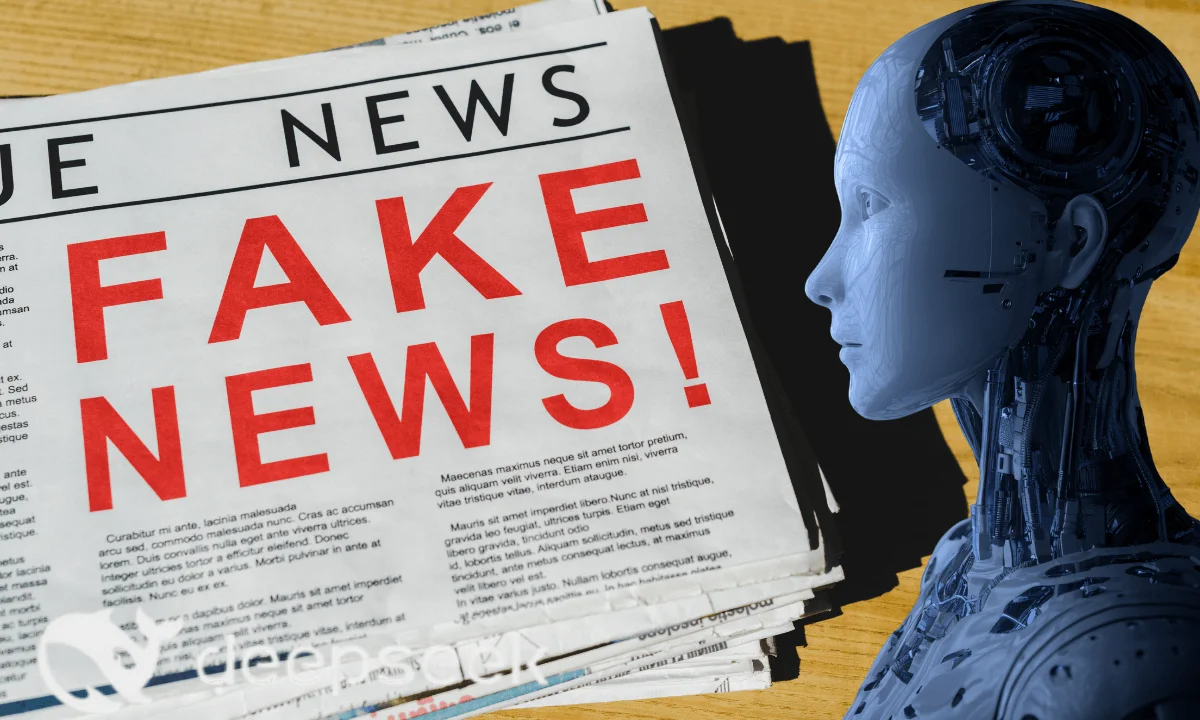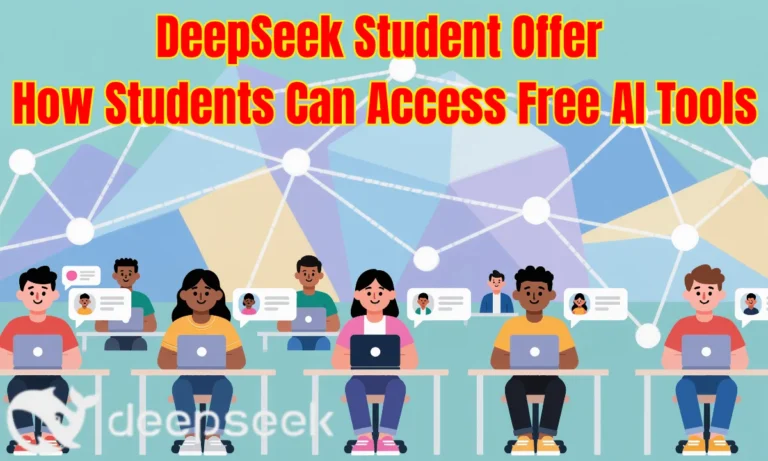AI and Misinformation: Combating Fake News in Pakistan
AI and Misinformation
AI and Misinformation: In today’s digital era, information travels faster than ever before. With the rise of social media platforms and instant messaging apps, Pakistan has seen an exponential increase in both authentic and misleading content. Fake news, disinformation, and manipulated narratives spread widely, influencing public opinion, fueling political tensions, and even inciting social unrest. While the challenge is significant, Artificial Intelligence (AI) is emerging as a powerful tool to detect, analyze, and combat misinformation in Pakistan.
This article explores how AI can help curb fake news, the challenges faced in its implementation, and the future of responsible information-sharing in the country.
DeepSeek AI’s Commitment to Ethical AI Development
The Rise of Fake News in Pakistan
Misinformation in Pakistan has grown rapidly due to several factors:
- High social media usage – Platforms like Facebook, X (formerly Twitter), WhatsApp, and TikTok are widely used, making them fertile grounds for unverified news.
- Low digital literacy – Many people lack the skills to differentiate between factual and false information.
- Political polarization – Fake news is often used as a weapon to attack opponents or influence public perception.
- Lack of strong regulatory mechanisms – Pakistan is still developing laws and digital monitoring systems to effectively counter misinformation.
A single piece of misleading content can reach millions within hours, making it crucial to develop systems that can counter this trend in real time.
Regulating AI: Should Pakistan Draft Its Own AI Laws?
How AI Helps in Combating Misinformation
Artificial Intelligence is not only transforming industries like healthcare and finance but also proving valuable in the fight against misinformation. Here’s how AI technologies are being applied:
1. Natural Language Processing (NLP)
AI-powered NLP models analyze text to detect misleading narratives. For instance, they can identify unusual patterns, exaggerated claims, or biased wording that often signal fake news.
2. Machine Learning Algorithms
By training on large datasets of verified news, machine learning systems can classify content as true, false, or misleading with a high degree of accuracy.
3. Image and Video Verification
AI tools use reverse image search, facial recognition, and deepfake detection algorithms to verify multimedia content. This is particularly important in Pakistan, where doctored videos and images are commonly circulated.
4. Real-Time Monitoring Systems
AI enables real-time tracking of trending topics across social media, allowing authorities, journalists, and fact-checkers to respond quickly to viral misinformation.
5. Fact-Checking Automation
AI assists human fact-checkers by scanning claims and cross-referencing them with reliable databases, reducing the time it takes to debunk fake news.
AI and Mental Health: Ethical Implications of Emotional Recognition
Challenges of Using AI in Pakistan
While AI provides promising solutions, Pakistan faces unique obstacles in applying them effectively:
- Limited Infrastructure – Developing and deploying AI-powered misinformation detection tools requires strong technical infrastructure, which is still underdeveloped.
- Language Barriers – Pakistan’s linguistic diversity (Urdu, Punjabi, Sindhi, Pashto, Balochi, etc.) makes it challenging to train AI systems across multiple languages.
- Data Privacy Concerns – AI monitoring can raise ethical concerns about surveillance and citizens’ right to privacy.
- Low Public Awareness – Without proper digital literacy programs, even AI solutions may fail if citizens cannot understand or trust fact-checking results.
- Manipulation of AI Itself – Advanced users may try to exploit AI tools to spread misinformation in new ways, creating a constant race between detection and deception.
The Dark Side of AI: Mitigating Risks for Pakistani Organizations
Local and Global Efforts to Curb Misinformation
Pakistan’s Efforts
- The Pakistan Telecommunication Authority (PTA) and related bodies are working on improving digital regulations.
- Fact-checking platforms like Soch Fact-Check and Dawn Fact-Check are using AI tools to verify claims.
- Universities and tech hubs are beginning to research AI-based disinformation solutions tailored for local languages.
The Dark Side of AI: Mitigating Risks for Pakistani Organizations
Global Inspiration
- Social media giants like Meta (Facebook), Google, and X employ AI to detect harmful or false content.
- Fact-checking organizations worldwide are using AI-assisted systems to verify political claims and viral news.
- Countries like India and Indonesia are experimenting with AI-powered misinformation detection in local languages, which Pakistan can learn from.
AI Surveillance: Balancing Security and Privacy in Pakistan
The Role of Media, Government, and Citizens
AI alone cannot solve the fake news problem—it requires collective responsibility:
- Government must invest in AI research, build data-sharing partnerships, and regulate social media more effectively.
- Media organizations should adopt AI tools for real-time verification before publishing or sharing news.
- Citizens need digital literacy training to recognize fake news and verify sources before spreading information.
AI Surveillance: Balancing Security and Privacy in Pakistan
Future Outlook
Pakistan stands at a crossroads where digital transformation and misinformation are advancing simultaneously. AI, when combined with strong policies and public awareness, can become a game-changer in combating fake news. Future possibilities include:
- AI-powered chatbots that instantly verify information shared on WhatsApp and Facebook.
- Integration of deepfake detection systems in local media channels.
- Development of multilingual AI fact-checking platforms catering to Pakistan’s linguistic diversity.
- Public–private partnerships to fund large-scale AI projects for misinformation control.
Data Privacy in the Age of AI: What Pakistan Needs to Know
Conclusion
Fake news in Pakistan is not just a technological issue but a social challenge that threatens trust, democracy, and national unity. Artificial Intelligence offers innovative tools to detect and reduce the spread of misinformation, but its success depends on collaboration between government institutions, the private sector, media, and the public. By combining AI technology with education and ethical policies, Pakistan can take a strong step toward creating a more informed and responsible digital society.







